Milling Material
Once you decide to employ CNC milling to produce your product, it’s time to select the right milling material for your needs, In this article, we are going to introduce some of the most widely used CNC metal milling materials and their applications.
1. Aluminum
Aluminum is probably the most widely used CNC milling material and its is a great option for both mechanical and aspect components. Compared to other metals, aluminum is generally able to be machined quicker than others, making it the most economically viable of the bunch. Parts made from aluminum form a protective layer when exposed to the environment, which leads to extra strength and corrosion resistance.
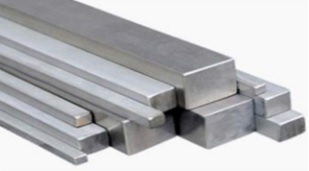
Given these premium material characteristics, aluminum is an ideal material for use in the automotive, aerospace, healthcare, and consumer electronics industry. Specific applications include aircraft fittings, electronic housings, medical devices, gears, and shafts, etc.
Deshengrui Aluminum: AL5052/6061/6082/7075, etc.
2. Steel
For the most part, the different steel alloys available for CNC milling services are engineered for excellent machinability. Although the specific material properties depend on the alloy, steel is typically used for parts that require enhanced formability and stronger welds.
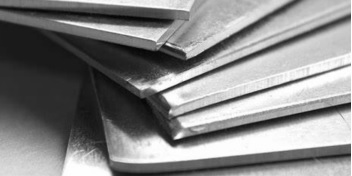
The best applications for this material include commercial products, parts that require strong welds, gears, and shafts, along with other high-stress applications.
3. Stainless Steel
One of the benefits of using stainless steel alloys is that they can be heat treated and supply corrosion resistant properties.
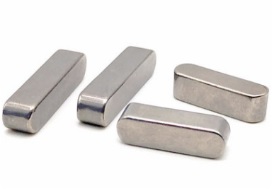
The potential applications for CNC milling with stainless steel reach far and wide, used for anything from surgical equipment to electronics hardware, as well as other parts that necessitate more formability and weldability. Stainless steel alloys are also commonly used in the automotive and aerospace industry.
Deshengrui Stainless Steel: SUS303/304/316/316L, SS440C, , etc.
4. Brass
Recognized as one of the easiest and cost-effective materials to use with CNC milling, brass offers instability what it tends to lack in strength.
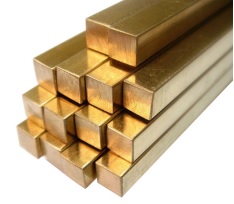
Common uses include medical equipment, consumer goods, and electrical hardware and contacts. As brass also offers low friction coefficient and high corrosion resistant properties, they are also utilized for applications in the fields of engineering, plumbing, steam work, even for musical instruments.
5. Copper
When it comes to CNC milling materials, few metals offer the electric conductivity of copper. High corrosion resistance helps this material fight off rust, while thermal conductivity properties make the shaping process easier during CNC machining.
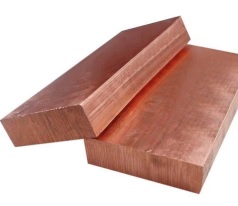
Oftentimes it utilized in the automotive industry. Its applications include cooling systems and heat exchangers, as well as various engineering applications like valves and radiators. However, it’s important to know that copper is weak against certain chemicals, such as acids, halogen sulfides, and ammonia solutions.
6. Titanium
What makes titanium a unique material is its high-temperature melting point, making it a viable choice for many industries and applications. It’s considered to be corrosion resistant and is also impervious to ductile, salt, and water. Despite being biocompatible and lightweight, titanium material provides strength and sturdiness.
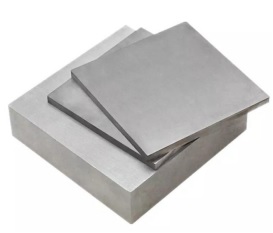
It well-suited for applications like medical implants, aircraft components, and even jewelry.


